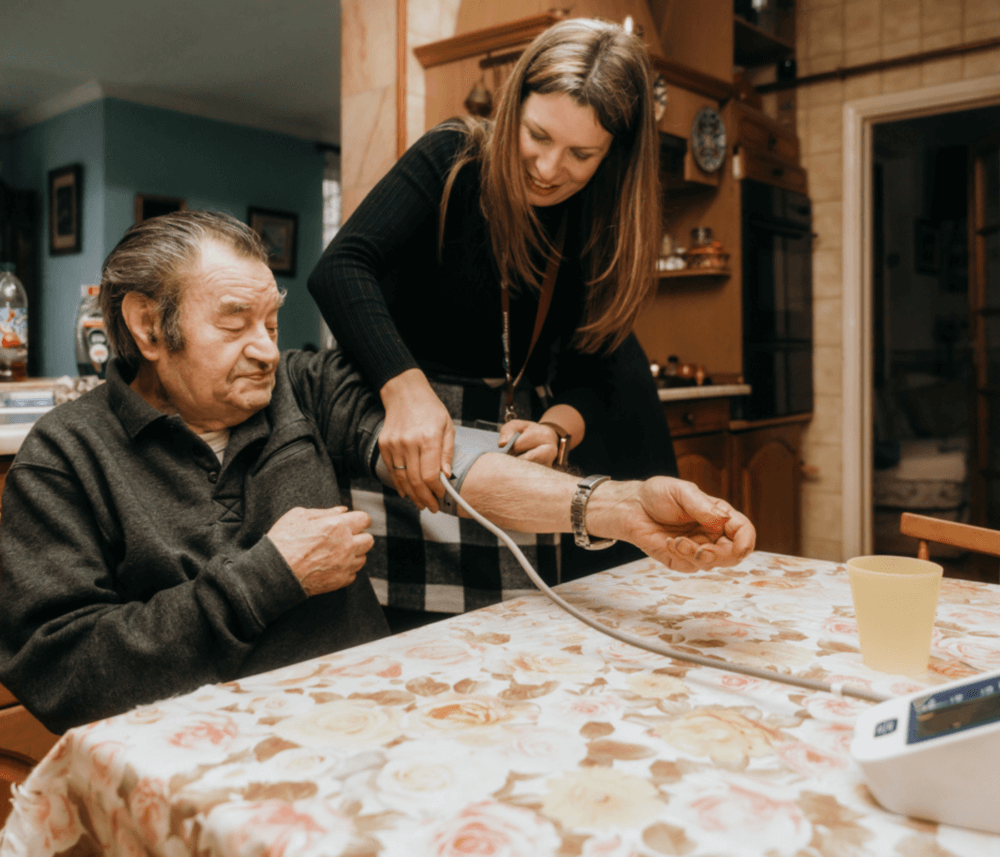Rest and Recharge: A Guide to the Types of Respite Care in Leek and Moorlands
Caring for a loved one can be physically and emotionally demanding, and taking a break is essential for maintaining your wellbeing. In Leek and Moorlands, there are several respite care options available to help family carers rest and recharge. In this guide, we’ll explore the different types of respite care and provide information on how to access these services.
Understanding Respite Care
Respite care allows family carers to take a break from their caregiving responsibilities while their loved one is looked after by someone else. This type of care can range from a few hours of in-home assistance to a short stay in a care home. It helps carers avoid burnout and ensures their loved one receives the care they need.
Types of Respite Care in Leek and Moorlands
1. Day care centres: Day care centres provide a social environment for individuals who find it difficult to get out and about. These centres typically offer activities like tea dances, singing, games, and arts and crafts, as well as personal care services such as hairdressing and assisted bathing. To access council-funded day care centres, the person you care for must have had a needs assessment.
2. Home care from a professional provider: Home care services involve a paid carer visiting your loved one’s home to provide care and assistance. Home Instead is an example of a care provider that offers respite services in Leek and Moorlands. Home care can be arranged regularly or for a short period, like a holiday. To qualify for council-funded home care, the person you care for must have had a needs assessment.
3. Short stay in a care home: Some care homes in Leek and Moorlands offer short-term respite care, allowing family carers to take a break or go on holiday. It’s essential to plan ahead, as respite space can be limited.

4. Friends and family: In some cases, friends or family members can temporarily care for your loved one, either in their home or by inviting the person you care for to stay with them.
5. Respite holidays: Organisations like MindforYou and Revitalise offer supported holidays for people living with dementia or disabilities and their carers, allowing both parties to enjoy a break together.
6. Sitting services: Some charities and carers’ organisations, such as Carers Trust, Age UK, Royal Voluntary Service, and Independent Age, offer sitting services. A trained volunteer will keep your loved one company for a few hours, giving you a break.

Arranging Respite Care in Leek and Moorlands
To access council-funded respite care, both you and the person you care for must undergo assessments. Carers should have a carer’s assessment, while the person you care for should have a needs assessment. You can apply for a needs assessment on www.gov.uk
If you don’t qualify for council funding, you can still arrange respite care privately or through charities like Carers Trust or Age UK. You can also search for local respite care services on the Home Care Association website or contact your local council for a list of home care agencies.

Paying for Respite Care
Respite care costs can vary depending on the type and duration of care. Councils may fund respite care for those who qualify following assessments. Alternatively, you can seek financial help from charities or pay for respite care privately using pensions, benefits, savings, or other income sources. If you or the person you care for qualifies for council-funded respite care, the council will conduct a financial assessment to determine the level of financial support they will provide. You can either ask the council to arrange respite care for you, or you can arrange it yourself through a personal budget or direct payment.
Charities such as Carers Trust may offer grants and financial assistance for carers in need of respite care but cannot afford it.
If the person you care for must pay for their respite care, they can explore various options to raise funds, including:
- Income from pensions, work, investments, or property
- Savings
- Benefits, such as Attendance Allowance

Conclusion
Taking a break from caregiving is crucial for maintaining your physical and emotional wellbeing. In Leek and Moorlands, various respite care options are available to suit your needs and circumstances. It’s essential to plan ahead and explore your funding options to ensure your loved one receives the care they need while you rest and recharge. Reach out to local organisations and support services to find the best respite care solution for you and your loved one.
